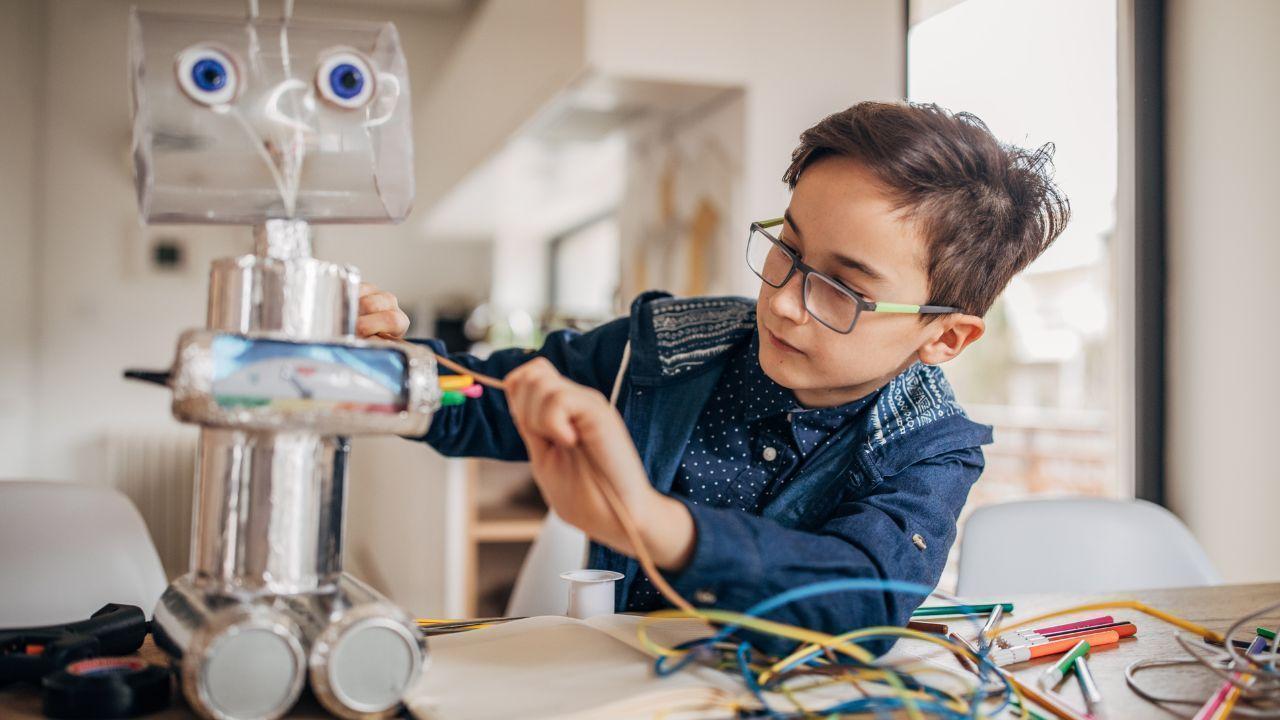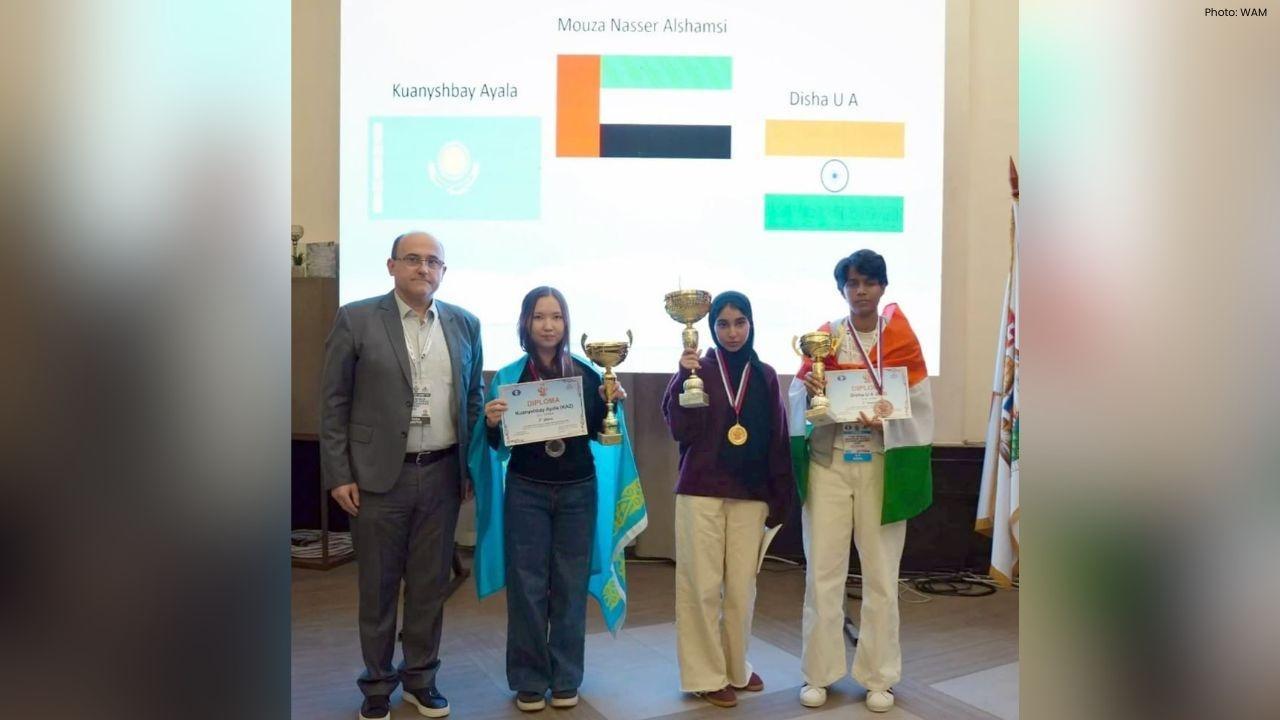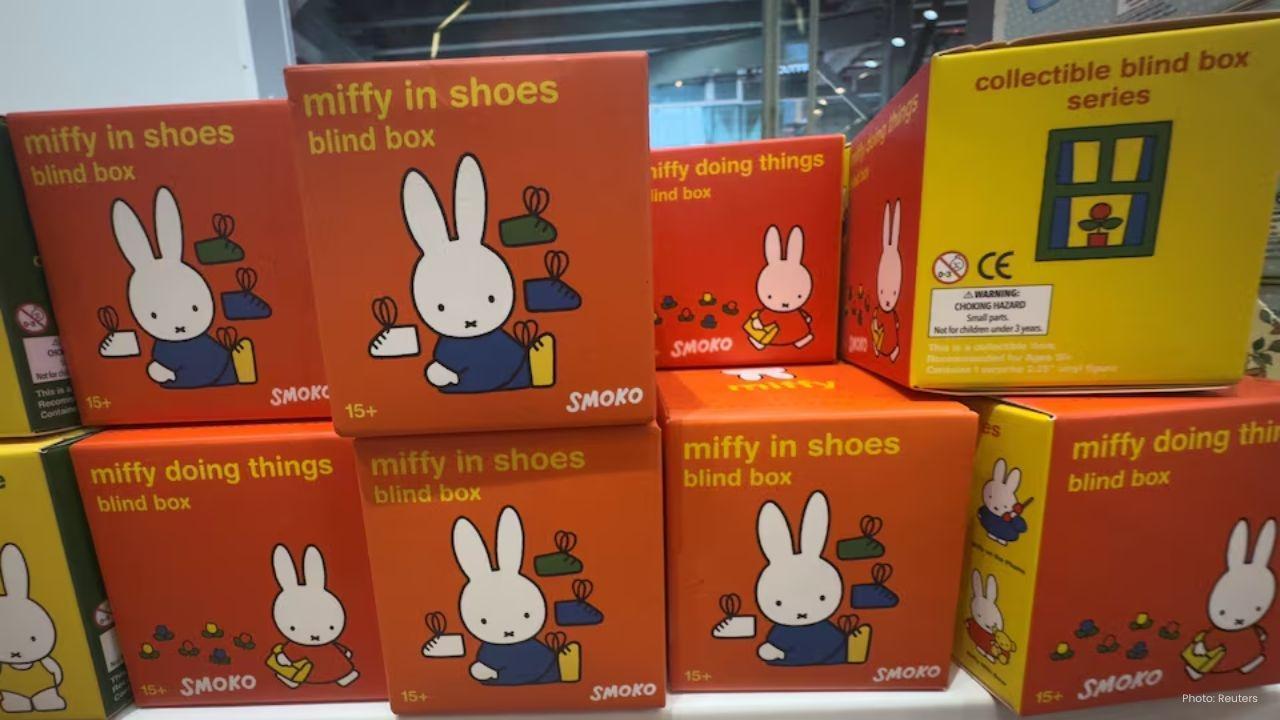
Post by : Vansh
In the last two decades, the classroom has undergone a major transformation. Gone are the days when students relied solely on textbooks and chalkboards. Today, technology in education is shaping new ways to teach, learn, and grow. This change is not just about having smartboards or tablets in classrooms; it’s about creating a personalized learning experience that meets the unique needs of every student.
Thanks to innovation, students can now learn at their own pace, explore topics that interest them, and receive instant feedback on their progress. How technology is making learning more personal and better for students lies in its ability to tailor education to the individual, fostering not just knowledge retention but also curiosity and motivation.
One of the most significant advantages of using technology in education is personalized learning. This approach recognizes that every student learns differently. Some grasp concepts through visual aids, while others prefer reading or hands-on experiences. Technology tools like adaptive learning platforms analyze student performance in real-time and adjust content accordingly.
For instance, if a student struggles with algebra, the platform can slow down, offer additional practice, or present the content in a different format until the concept is mastered. At the same time, students who quickly understand a topic can move on to more advanced material without waiting for the rest of the class.
This customization ensures that no student is left behind or held back, making education more equitable and efficient.
Another way technology in education is enhancing the learning experience is through immediate feedback. Unlike traditional tests that take days to grade, digital platforms can assess student responses instantly. This gives learners a clearer understanding of where they stand and what they need to work on.
Gamified learning apps and interactive quizzes make studying fun and engaging. Students earn badges, points, and ranks as they complete lessons, which motivates them to stay focused. Tools like Kahoot!, Quizlet, and Nearpod are widely used in classrooms to make learning more enjoyable and dynamic.
By engaging students with interactive tools, technology creates an active learning environment, rather than a passive one, helping to improve concentration and knowledge retention.
How technology is making learning more personal and better for students is especially evident in its support for students with different learning abilities. Assistive technologies such as text-to-speech tools, screen readers, and speech recognition software make it easier for students with disabilities to access the same educational materials as their peers.
Moreover, multilingual students benefit from translation apps and language support software that help them understand lessons in their native tongue before transitioning to the classroom’s primary language.
This inclusivity ensures that all students, regardless of their challenges, have equal opportunities to learn and thrive.
The rise of cloud-based platforms and mobile apps has eliminated geographical and time-related barriers to education. Students are no longer limited to learning within the four walls of a classroom. They can access lessons, watch recorded lectures, and submit assignments from anywhere in the world.
This flexibility is particularly beneficial during unexpected school closures or for students who need to balance academics with other responsibilities. Tools like Google Classroom, Microsoft Teams, and Zoom have enabled smooth online learning experiences, making technology in education not just a convenience but a necessity.
The information presented in this article is intended for general informational purposes only and does not constitute professional advice. While every effort has been made to ensure the accuracy of the content, readers are encouraged to consult educational professionals or relevant authorities for specific guidance. The views and opinions expressed do not necessarily reflect those of MiddleEastBulletin news network.










Pageau's Overtime Goal Propels Islanders to 4-3 Victory Over Golden Knights
In a thrilling overtime finish, Jean-Gabriel Pageau leads the Islanders past the Golden Knights 4-3,

MLB Awards: deGrom and Acuna Jr. Shine as Comeback Players
Jacob deGrom and Ronald Acuna Jr. celebrated MLB Comeback Player Awards, alongside Ohtani and Judge

Portugal Confronts Ireland in Pivotal World Cup Qualifier
Portugal, led by Cristiano Ronaldo, faces Ireland in a vital Group F World Cup qualifier that could

Haaland's Brilliance Leads Norway to 4-1 Victory Against Estonia
Erling Haaland showcases leadership as Norway crushes Estonia 4-1, boosting their World Cup ambition

Hawks Triumph Over Jazz; Suns and Raptors Secure Victories
Hawks' Onyeka Okongwu and Jalen Johnson lead in a thrilling win against Jazz; Suns and Raptors also

Indian Men's Recurve Team Clinches First Asian Gold in Nearly Two Decades
The Indian men's recurve team triumphed over South Korea, securing their first Asian gold in 18 year